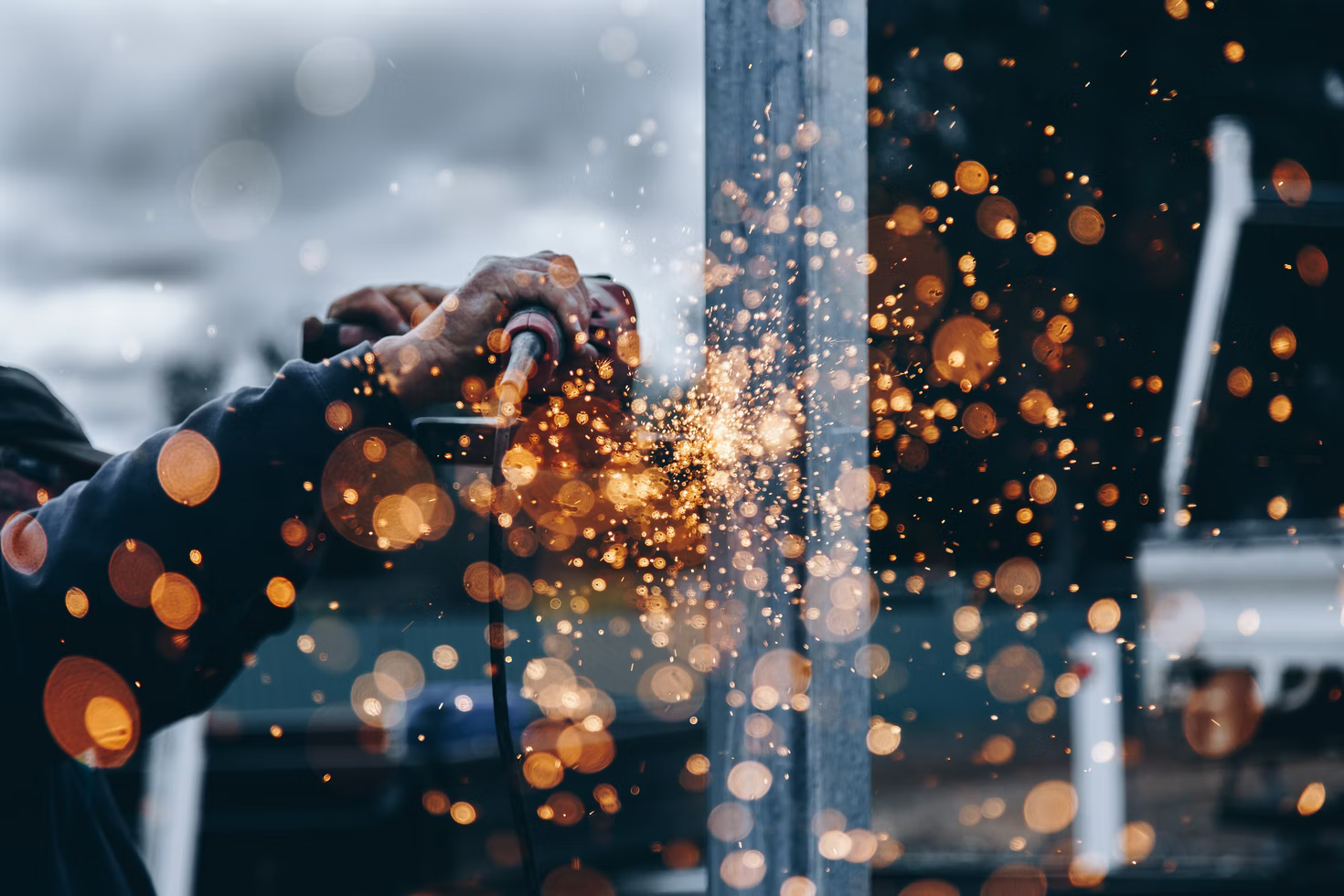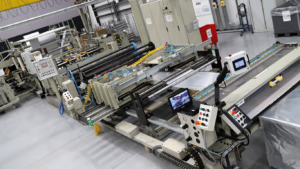When you need to bring heavy equipment out onto a lawn or your home, you will quickly find that sensitive grounds can be easily damaged as they do not mix well. For example, lawns are relatively soft surfaces covered in grass, which can be “killed” quite easily. And this is especially true if you are considering working after recent rainfall. A few problems that you may encounter are rutted ground, destroyed areas of grass, and excessively compacted dirt. The result are high costs to cover the extensive damage and significant waste of time.
So, to protect sensitive surfaces from heavy machinery, you will need some gear to help you minimize the damage that the equipment will do. This way, regardless of whether you have a small or large construction project, you can preserve and protect sensitive surfaces from damage. To learn more, read on!
Option 1: Ground Protection Mats
One of the best ways to avoid the problems heavy machinery can do to sensitive grounds is by using ground protection mats that create a temporary ”road” to drive equipment over. They can displace the weight of heavy equipment and ensure a solid foundation for the equipment. In addition, these mats can reduce heavy equipment’s impact on the ground below and minimize the damage that heavy machinery does to the surface. So, instead of worrying about the tracks or wheels of loaded trucks digging down into the turf, this temporary road minimizes the machinery’s effect. As a result, you won’t tear up the turf surface, prevent the heavy equipment from getting stuck, or inadvertently create muddy areas. Equally important, even though the initial investment in ground protection mats can be a large one, keep in mind that they can be reused repeatedly. Due to this, having them is a sound investment for every construction and landscaping business.
Now you may wonder how you can choose the proper protection mats? Here are a few pointers:
Size: Ground protection mats are available in a variety of sizes. However, the right size for you will depend on the size of your machinery, the size of the project you will be performing, and the area you will need your mats to cover.
Weight: Important aspect to consider is the top weight of the heaviest equipment that will be using these mats. Choose mats that can support it.
Transportation: Many heavy equipment protection mats are available with various designs to make transportation easier. For example, they can have built-in handholds or rope handholds for more convenient transportation.
Surface: Mats can have a variety of different surfaces. However, keep in mind to look for ones with a cover that will help you maximize traction for your machinery. Also, consider the environment you will be working in – for example, will there be mud on your machinery? Does your machinery have tracks or wheels?
Connection systems: If you need mats that will connect to create a unified surface or road, think about the type of connection system you will want. Mats connect using different systems, including pin and clip systems. Look for ones that securely connect so that they won’t separate during use.
Option 2: Plywood
Another option for protecting sensitive grounds from heavy machinery is plywood. However, this option may pose many different challenges when used with heavy machinery outdoors. That being said, if you decide to use plywood, keep in mind the following things:
• Plywood that is dense enough to withstand heavy equipment’s weight is heavy to lift, so transporting it is not always easy.
• Large plywood sheets are best for creating a road because they will cover more area, so you need fewer pieces.
• Plywood is not cheap, and purchasing plywood for a single project, or replacing it multiple times, can be a significant expense.
• Plywood is not the best option for outdoors as when it gets wet, it becomes slick so that machinery may slip. Also, when used outside, it will gradually warp, crack, and weaken. As a result, your investment will not last for too long.
The bottom line is that plywood is not a practical solution for most projects taking place outdoors.
Wrapping up
Having the right equipment and plan to protect sensitive surfaces from damage while using heavy machinery can help you minimize client frustration and ultimately show professionalism. In addition, when you use the adequate and necessary equipment, clients understand that you are invested in your work and genuinely care about their property. As a result, you may get more client referrals and repeat business based on your professional and extraordinary performance.




